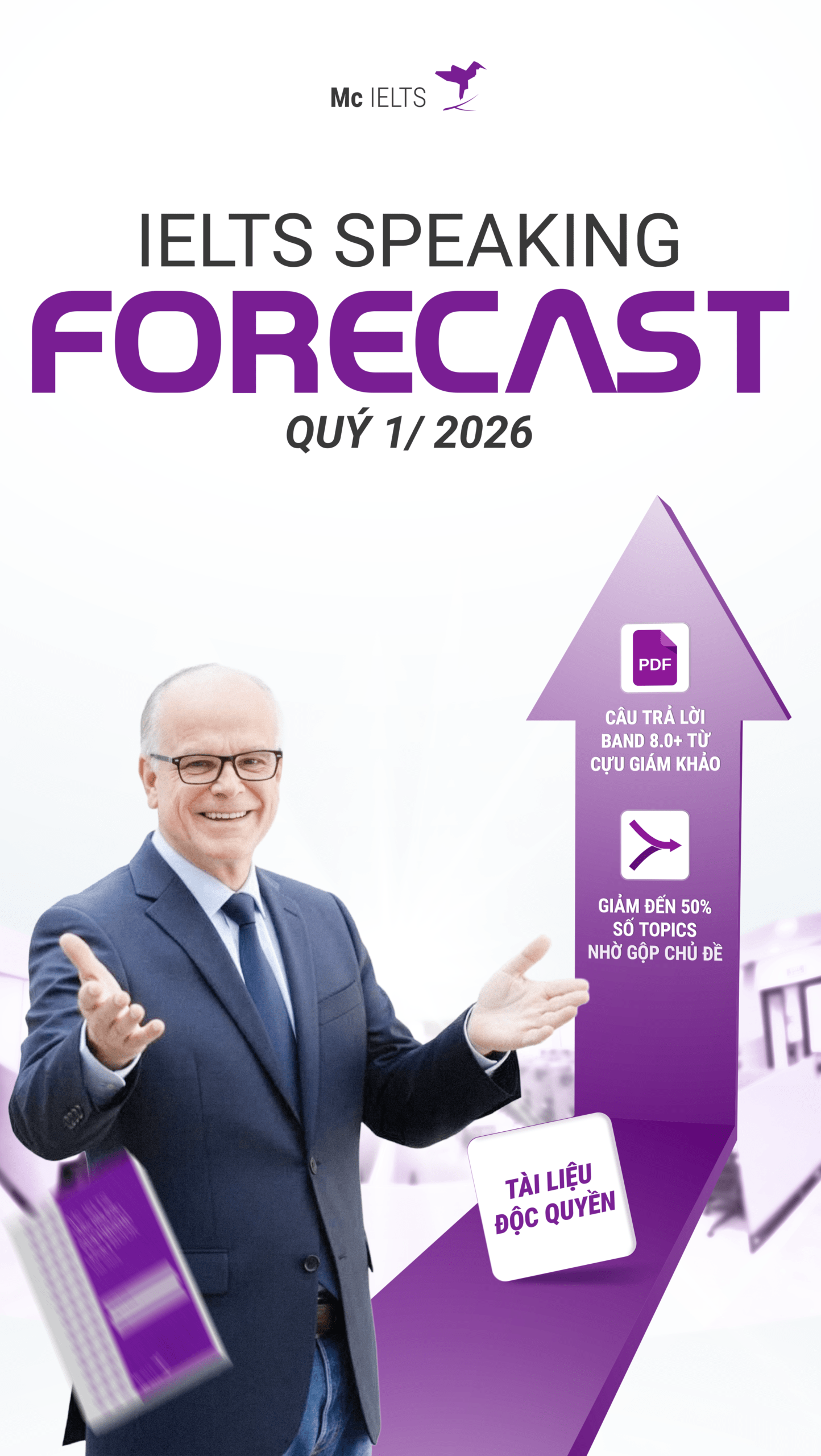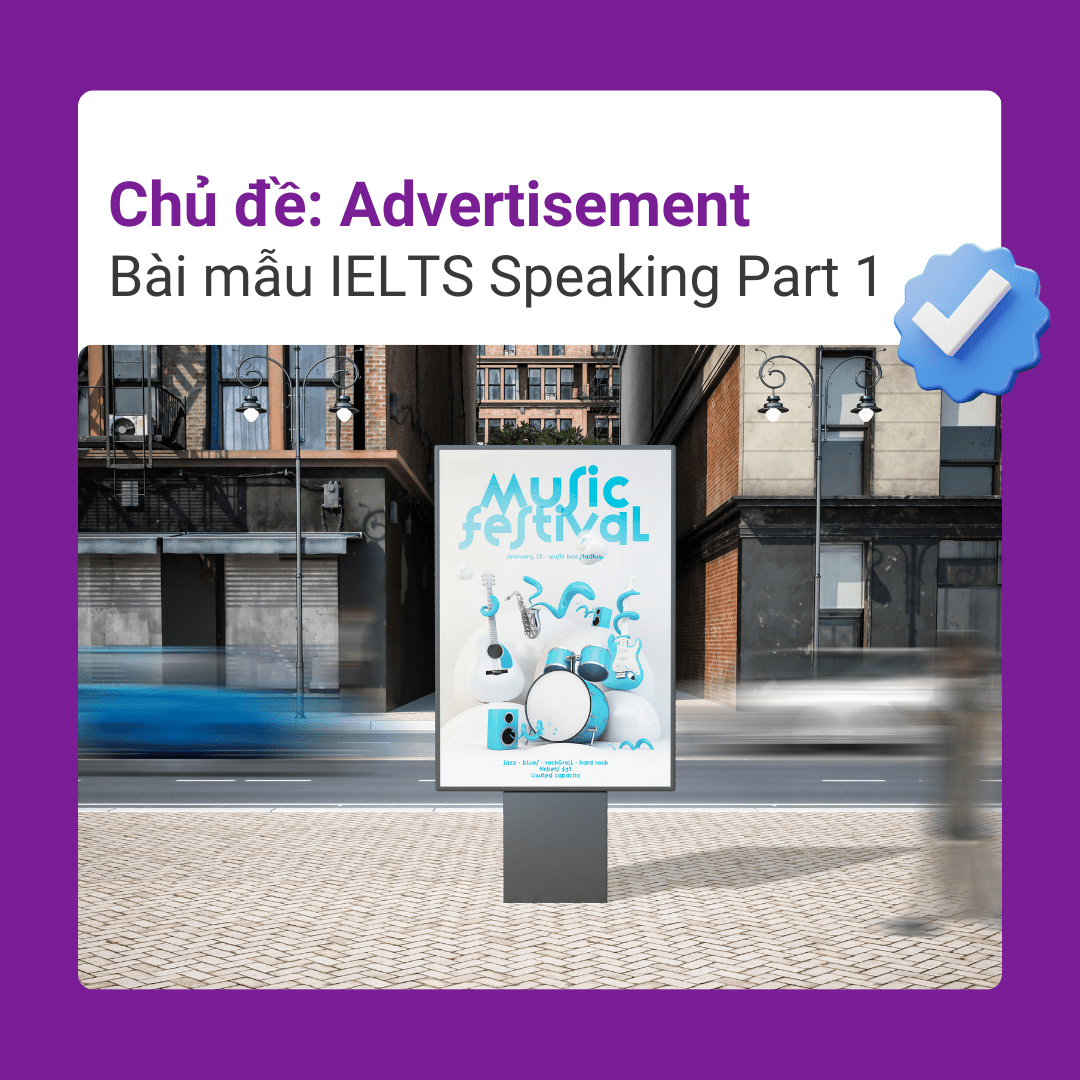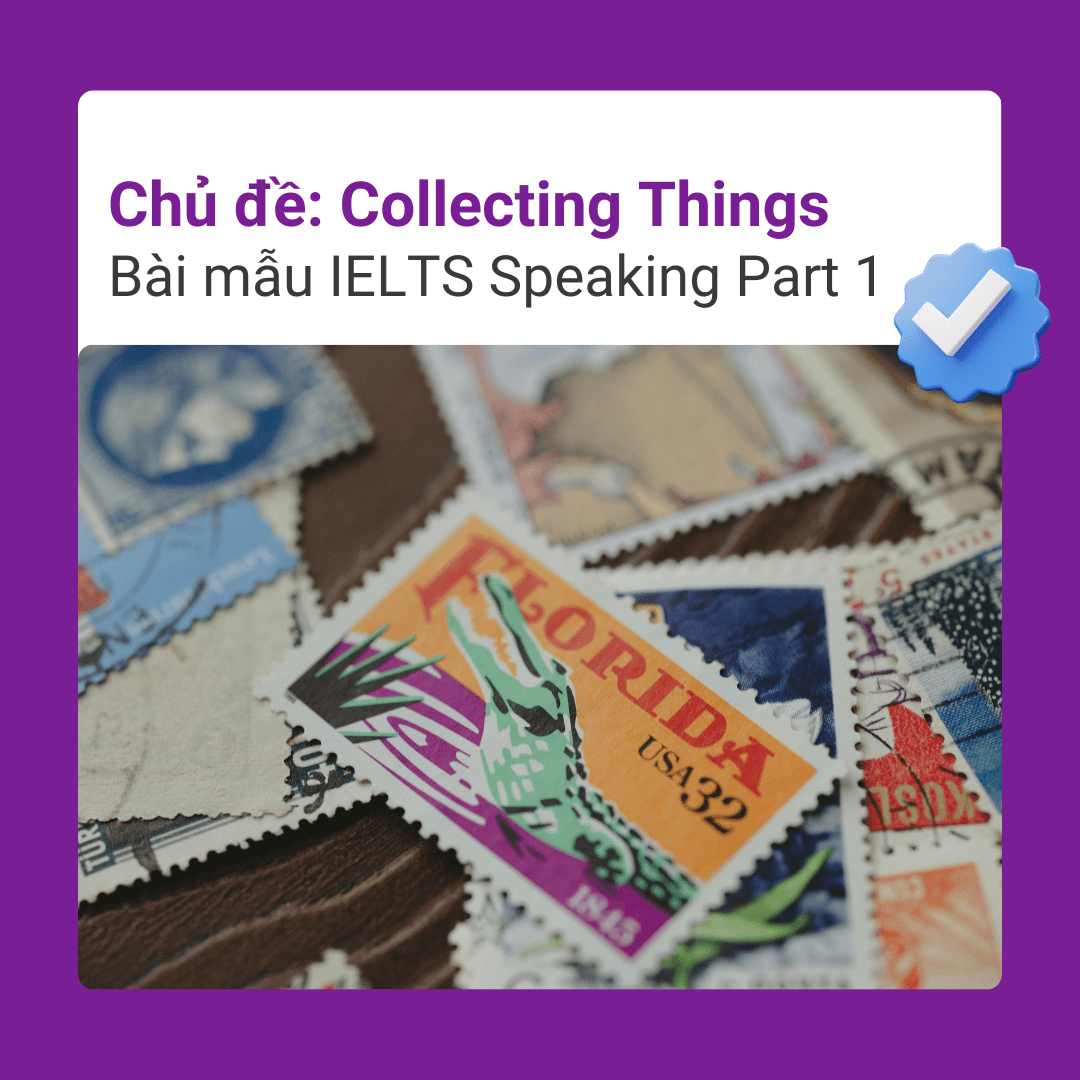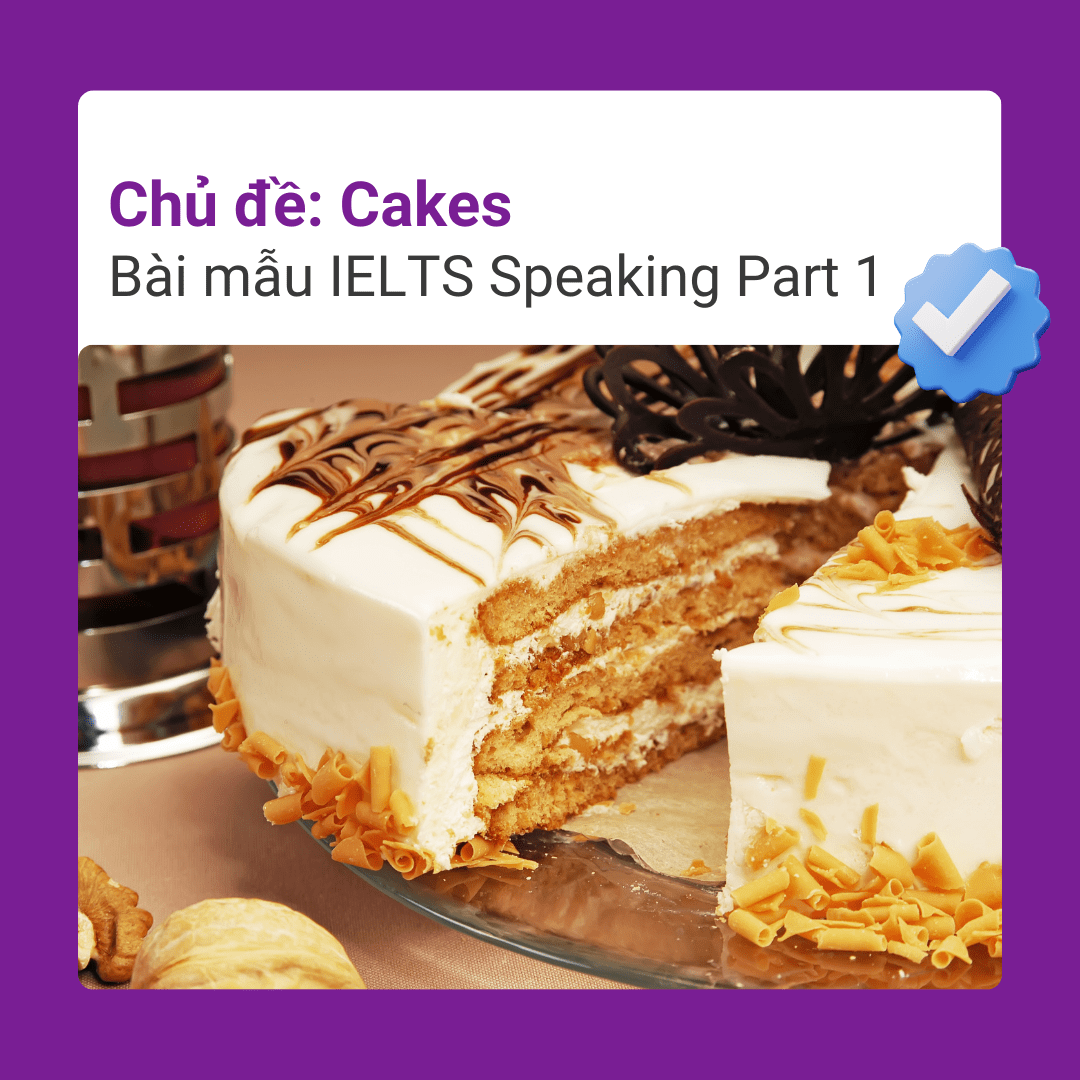IELTS Speaking Part 2 & 3 Topic Novel
 13/12/2023
13/12/2023
 Tác giả : MC IELTS
Tác giả : MC IELTS
IELTS 02/04 COMPUTER-BASED IDP NGỌC KHÁNH/HÀ NỘI
Đây là một chủ đề IELTS Speaking Part 2 và 3 rất “khoai” với nhiều thí sinh đó nhé. Cùng xem câu trả lời gợi ý của Mc IELTS nha.
TOPIC NOVEL
IELTS Speaking Part 2:
Describe a story or novel you have read that you found interesting
You should say:
When you read it
What the story or novel was about
Who wrote it
And explain why it was interesting
The Tale of Kieu is a significant epic Vietnamese novel that caught my interest. Its author, Nguyen Du, is considered one of the best poets in Vietnam. While studying in high school, I first read this epic Vietnamese poem.
The work of fiction is about a young woman named Kieu who is forced to sell herself into prostitution to save her family from financial ruin. Kieu faces various hardships, such as imprisonment, abuse, and betrayal, while striving to uphold her dignity and integrity. The tragedy delves into love, morality, and the fight for personal liberty.
What drew me to this masterpiece is how this story beautifully and thought-provokingly delves into complex emotions and themes. Kieu’s character is wonderfully crafted as a symbol of the fight for personal freedom and respect in a society that normalizes female objectification. Facing countless hardships, Kieu holds onto her sense of self and hope for herself and her future.
Overall, I found The Tale of Kieu an incredibly engaging and memorable piece of literature. Everyone should closely read this novel because it’s definitely worth reading.
IELTS Speaking Part 3:
What kind of novels do Vietnamese people like?
I’m not really sure because Vietnamese people have a diverse taste in novels, but in general, I think they enjoy stories that reflect their culture and history. Many like to read up on traditional literature, while others have their nose in a book of contemporary fiction or international bestsellers. So, we can say Vietnamese people appreciate a well-written story that engages their imagination, regardless of the genre.
Why do people tend to read detective novels?
People tend to read detective novels because they probably enjoy the gripping and suspenseful nature of the genre. In fact, we usually like to browse through clues alongside the detective and try to solve the mystery before the end of the story. Detective novels could be also an opportunity to learn about forensic science and the investigative process, making them both entertaining and educational.
What kind of novels are suitable for a film adaptation?
In my opinion, compelling storylines and vivid language make novels ideal for film adaptations. Actually, a clear and captivating plot is crucial for a movie adaptation. Besides that, the piece of fiction should have vivid and descriptive language that can be used to create visually stunning scenes.
Is there any difference between the popular novels now and those in thepast?
Of course, well-received novels today differ from those in the past, with a greater emphasis on commercial success and entertainment value rather than literary merit. Technology has also changed the way people consume literary work, with e-books and audiobooks becoming more popular. However, there are still many great books being written today, and the publishing industry is making strides towards promoting diverse voices and stories.
Why do some people prefer reading novels to playing computer games in this digital world?
Although computer games are incredibly trendy today, some individuals still enjoy reading books. Reading definitely aids in language development. On top of that, there’s a certain peace that comes with curling up with an engaging book and escaping to another realm, helping people blow off some steam and keep their minds off things.
catch someone’s interest: thu hút sự chú ý của ai
work of fiction ~ piece of fiction: tác phẩm hư cấu
piece of literature ~ literary work: tác phẩm văn học
financial ruin: vỡ nợ
hardship (n) khó khăn, gian khổ
delve into something: đào sâu, nghiên cứu cái gì
masterpiece (n) kiệt tác, tác phẩm lớn
diverse taste: sở thích, khẩu vị đa dạng
read up on: đọc, nghiên cứu
have someone’s nose in a book: đọc sách (chăm chú, say mê)
contemporary (a) đương thời
gripping (a) hấp dẫn, thú vị
compelling storylines: cốt truyện hấp dẫn
vivid language: ngôn từ sống động, chân thực
browse (v) đọc lướt, xem lướt (một cuốn sách)
well-received (a) được đón nhận
trendy (a) thịnh hành, hợp mốt
blow off some steam: giải tỏa căng thẳng, xả stress
keep their minds off something: không nghĩ về điều gì (để thư giãn)
Cách cải thiện IELTS Pronunciation
Cách cải thiện IELTS Vocabulary
Nhận lộ trình IELTS TỐI ƯU theo yêu cầu
















